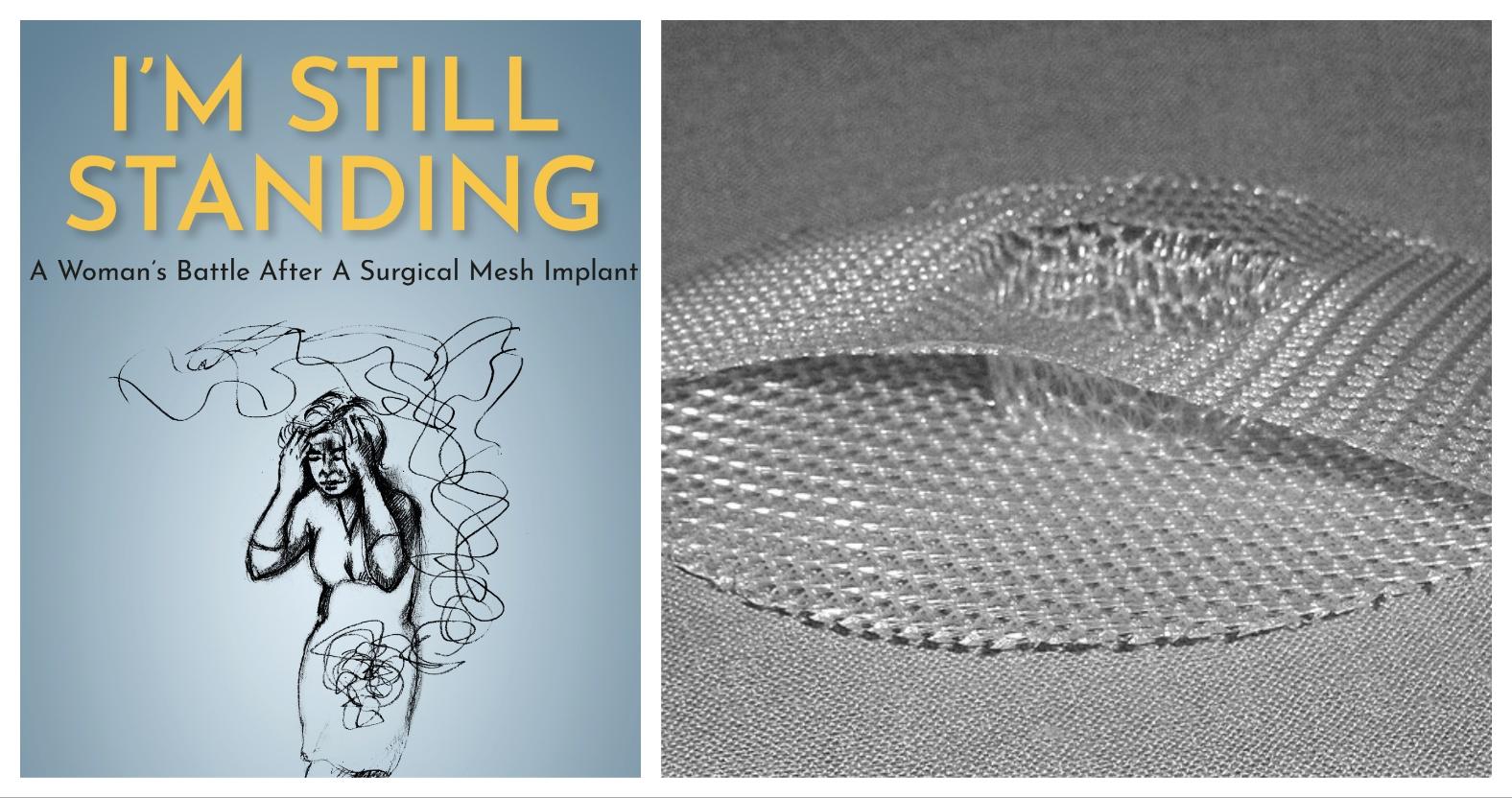Subscribe to trusted local news
In a time of both misinformation and too much information, quality journalism is more crucial than ever. By subscribing, you can help us get the story right.
- Subscription costs less than £1 a week with an annual plan.
Already a subscriber? Log in here.
12
May
Harrogate woman writes book on ‘scandal’ of surgical mesh

A Harrogate woman has written a book about her experiences of living with surgical mesh complications.
Surgical mesh refers to devices implanted in the body to support weak or damaged organs and other tissues. It is commonly used for hernia repair, pelvic organ prolapse repair and stress urinary incontinence treatment. But there are concerns about its safety.
The retired Harrogate psychotherapist was permanently damaged by a surgical mesh to treat pelvic organ prolapse and stress urinary incontinence.
Writing under the pseudonym Louise White, I'm Still Standing details her struggle to regain her life and raises awareness of a subject that she describes as “at least as damaging as the Post Office scandal”.
In the book’s introduction, Ms White says:
Thousands of women in the UK have been left permanently disabled, many incontinent, some unable to walk and a significant number likely to have to live out the remainder of their life in pain.
Ms White's book says there was no plan B when complications arose; few radiographers could diagnose mesh erosion, or migration and most of the consultants who implanted the devices seemed reluctant to remove them and gaslighted women.
When the mesh had eroded, migrated and become agonisingly entangled into her own flesh, she was left to research where to go and pay privately for help. However, when the operation to fully remove her mesh neither resolved her pain, nor her immune response to the device, she suspected her consultant had lied about the removal being complete.
In desperation she went to the General Medical Council, expecting them to conduct a thorough investigation.
Ms White said she wrote anonymously and changed the identifying features of people and places because of the risk of litigation.
But she does name government bodies the Medicines and Healthcare products Regulatory Agency and the National Institute for Health and Care Excellence, which she claims have failed in their duty to protect women.
She said:
I started writing because I needed an outlet for my distress and anger, as well as a way to organise my thoughts whilst researching what may have gone wrong and where to find help myself.
However, once I’d started writing, I realised that I wanted as many people as possible to hear about what has happened to so many women, not just me. It felt too unjust not to shout about it and to as wide an audience as possible.
I really want the medical disasters to stop and those in positions to influence this to wake up, listen and put in place the necessary safety checks to try to ensure this doesn't keep happening. A one-line apology from the government felt grossly inadequate.
The MHRA has restricted the use of some surgical mesh treatments since 2018.
The NICE website says:
NICE has recommended that doctors have an in-depth discussion with women about the risks and benefits of different types of surgery, including surgery with mesh, before they decide whether one of these could be an option for them.
I'm Still Standing is due to be published on the May 28. For more information, click here.
0